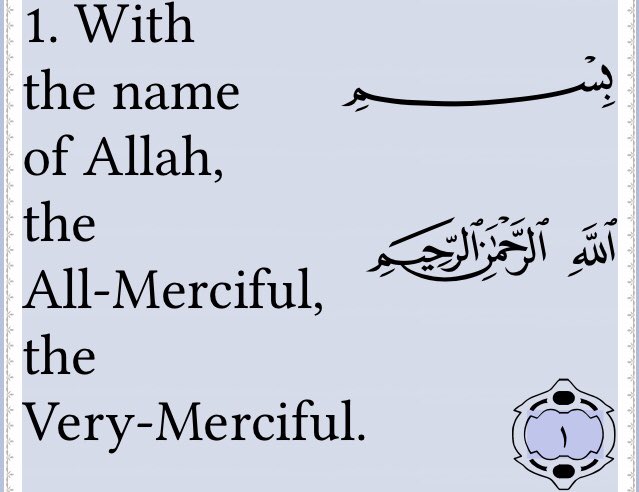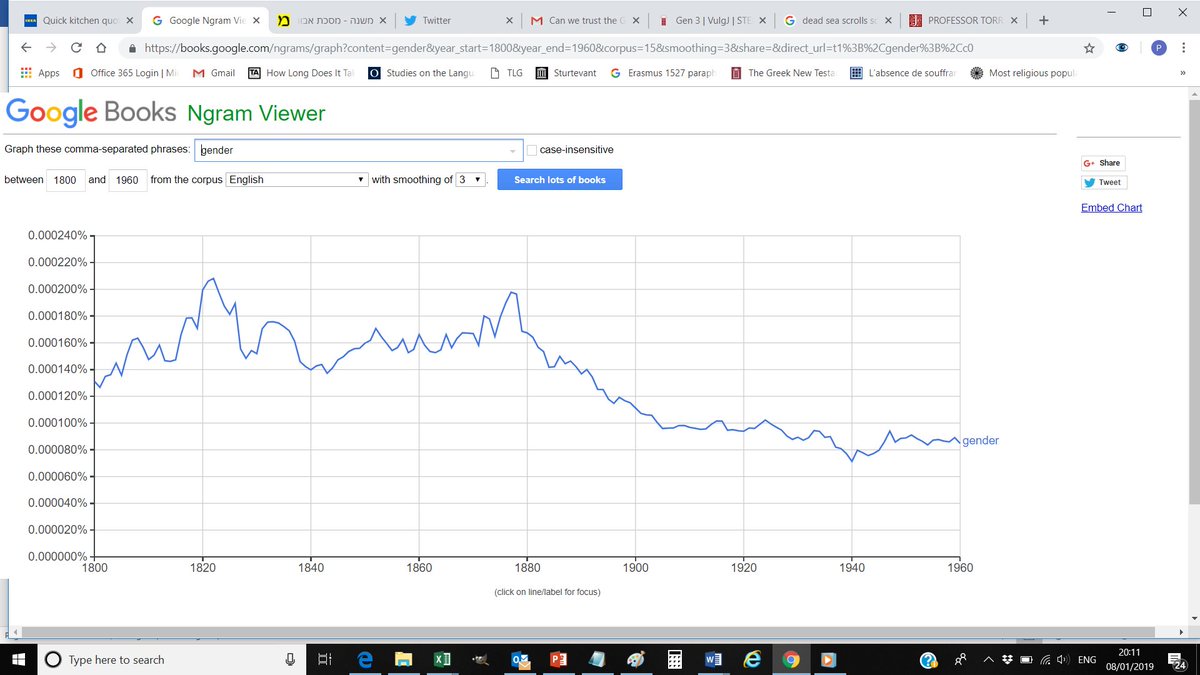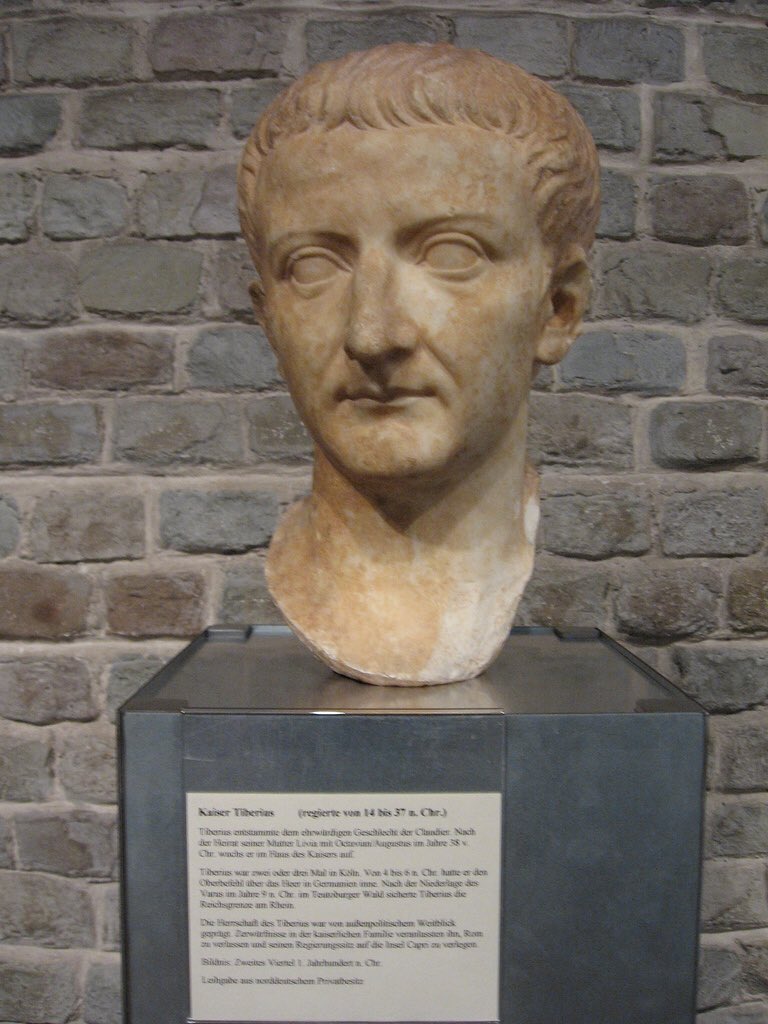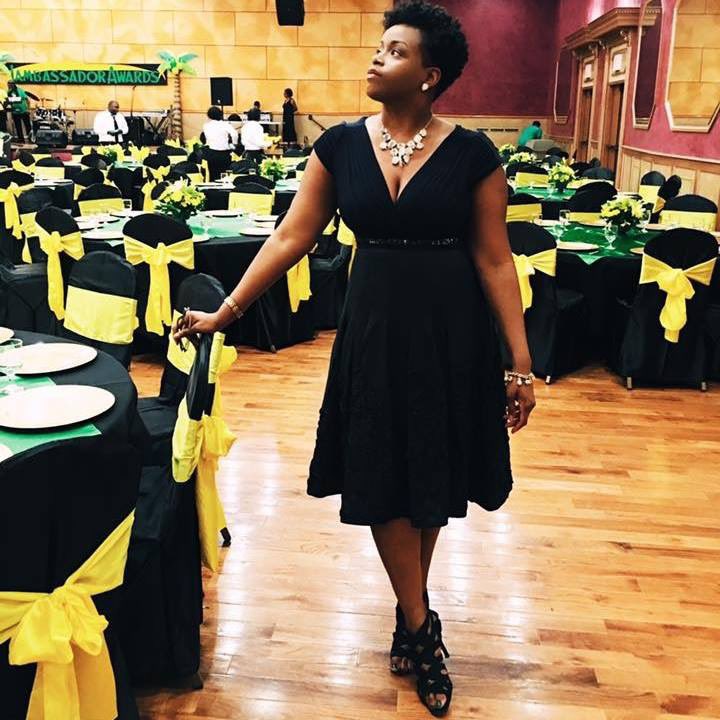God throws wind
Wind stirs storm
Storm throws boat
Boat throws people
People throw lots
(Lots of lots)
Lot lands on Jonah
And Jonah is trying to escape from the God who arranged that!
Jonah, doesn't that mean he's God of everywhere? So you knew that going West, going down & going to sleep wouldn't work.
1:10 they feared with a BIG fear, cos he told them he was fleeing from God's presence.
Notice again, an inanimate thing is spoken of with a word more generally used of human silence.
The similarities and differences between Jonah and Jesus in this book are suggestive.
For Jesus the storm became silent.
Inanimate wind and waves, at his command, behave as animate: they obey.
1:11 it gets stormier.
1:13 stormier still.
Though Jonah has suggested they throw him in the sea, they don't want to.
They row—the sailors' strength vs God's.
I wonder who will win.
They fear first.
Pray first.
Captain tells him to pray—he doesn't.
In 1:14 they're worried about the loss of Jonah's life.
If only Jonah were as concerned about loss of life in ch. 4.
They sacrifice and make vows (1:16).
We have to wait till 2:10 before the language of sacrifice and vows is repeated by Jonah himself.
For a 3rd time, pagans are said to fear (1:16): BIG fear.
By the end of the chapter they pray 'to YHWH', then use YHWH 2x in address, then fear YHWH & sacrifice to YHWH. Tetragrammaton 5x.
The Tetragrammaton dominates ch. 1, but elohim will be more commonly used by the narrator towards the end of ch. 4.
1:17 YHWH appointed
4:6 YHWH elohim appointed
4:7 & 8 elohim appointed
Why?
It's reinforced by 'YHWH my God' in 2:6.
These & other joins undermine the idea that the prayer does not fit the narrative.
That might undermine his credibility in ch. 2.
But I’d say this literal low point seems to be his high point.
It's an edifying prayer.
He thought he might be cut of from God's sight, but knows he'll see the Temple again (2:4). This connects with the theme of God's presence.
'I went down...you brought me up' (2:6) — theme verbs.
Temple again (2:7).
God has a word with the Fish who dutifully finds dry ground before regurgitating the prophet.
3:3 Jonah goes to the BIG City. Its size cannot be read without thinking of Genesis 10:10-12, where 2 sets of 4 cities are mentioned.
Arguably the 2nd set together are named the BIG City.
The tetrapolis is big, even in God's view
Big = ground for compassion (4:11)
Big = 3 days walk, whether that means round or through.
The 3 days it took to walk makes it all the more surprising that they repented on Day 1 (3:4).
They do this, from the least to the greatest (I.e. the BIG word again).
Only after this grass roots response does the king of Nineveh hear.
He reinforces the fast by making it legally binding.
And wear sackcloth
And have to pray
And have to turn from evil and violence (3:8)
Is this just bad theology by the king of Nineveh?
Surely animals can't pray...
Ps. 145:15 says 'all' look to God for food.
Explained in the next verse as every living thing.
Ps. 104:27 is similar.
Some may say this is mere poetic expression.
But Gen 6:7, 12-13; 7:21 suggest otherwise.
Dramatically reversing Genesis 6, both humans and beasts must turn from their violence.
His righteous response highlights the reversal. Wasn't Nineveh supposed to be bad?
'repent'—link to Gen 6:6-7.
What's the answer to the king's question? Who does know?
Clue: answer is in 4:2.
Before the Flood God repents of creating all flesh and so judges.
Here God repents of judgement when he sees their deeds (3:10; contrast Genesis 6:5).
If anyone should be angry it should be God.
Jonah is angry with God for being too kind. He votes for the No Niceness to Ninevites Party.
4:2—Jonah knows and it's precisely because of God's gracious character that he didn't want to preach.
Jonah quotes back to God his self-destruction to Moses in Exodus 34:6.
It is this characteristic which will be central in chapter 4.
He will pray this again outside the city (4:8).
Jonah's prayer, after a people group has been successfully turned to God by a prophet, resembles that of the depressed Elijah in 1 Kings 19:4.
He prays that he would die, yet becomes, with Enoch, 1 of 2 people who didn't die.
#divineirony
#biblicalparody
Can't help thinking of Matthew 12:40.
Both begin ānnāh yhwh 'O Lord'.
ānnāh is an emotional particle.
While the pagans are concerned with the loss of one life, the prophet is upset about the salvation of life.
It's all topsy-turvy.
Strikingly, Jonah doesn't even answer.
He makes his own booth for shade, but this seems inadequate so God provides a plant as shade (4:6).
The word BIG recurs. As he was angry with a BIG BAD in 4:1 so now he rejoices with a BIG JOY.
By highlighting 4:1 we're led to reflect on the 'bad' of the Ninevites in 1:2 (same word).
Who's really bad, Jonah or the Ninevites?
God is in the rescuing business through all 4 of his 'appointed' things in this book:
1) big fish
2) plant
3) worm
4) east wind
His head, which he said had been wrapped with weeds in the depths of the sea (2:5), is now fully exposed (4:5, 8).
God asks again 'Do you do well to be angry?', adding, 'for the plant' (4:9).
Jonah says he's angry enough to die. He would give his life in order for the Ninevites not to be saved. There's a clear contrast with Christ, who gave his life to save.
The lack of response makes the story open-ended.
How do we respond?
'and also much cattle.' (4:11)
Really?
Is that how you want to end?
One could understand 'who do not know their right hand from their left' (4:11) to be a general metaphor of ignorance, and thus the entire population to be 120,000.
One could stretch 3:3 (with Theodoret) to mean that it took 3 days to see everything.
Khorsabad = Dur Sharrukin = Fortress of Sargon doesn't fit if it didn't exist before Sargon II.
Wiseman noted Akkadian Ninua could occur with both the URU (city) or the KI (land) determinative.
academia.edu/226805/How_Big…
But the question is less what Ninua meant in Akkadian, but what 'Nineveh the Great City' meant for Hebrews. Here Gen. 10:12 weighs heavily.
This problematizes 2 views:
1. Human rule of creation may be indifferent to animal welfare
2. God's method of creation might be similarly indifferent
The book also shows how much he cares for him.
Please RT if appreciated.
Coming soon: evidence that Jesus spoke Greek.

















